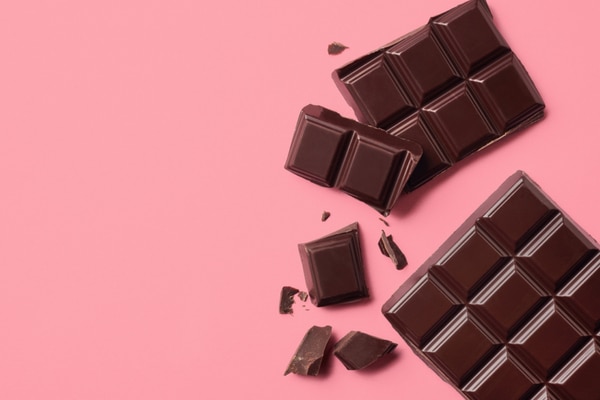Foods that help boost your heart health
When it comes to looking after your heart, what you eat and drink matters. Poor diet, smoking and not exercising are the main causes of heart disease.
Here are some of the superfoods that studies have shown can help keep your heart ticking away nicely. Why not start trying to incorporate a few into your diet?
Omega-3s
You should try to eat Omega-3s, plant based or supplements, about 2 – 4 times a week as they can help prevent blood clots and boost circulation.
Alison Hornby, a dietitian and spokesperson for the British Dietetic Association, told the NHS website1: “The benefits of eating at least two portions of Omega-3s a week, include keeping your blood pressure at a healthy level and improving blood lipids, both of which reduce your risk of cardiovascular disease: the biggest killer in the UK."

Avocados
Avocados are the only fruit that contain monounsaturated fats, which can lower bad LDL cholesterol and boost good HDL cholesterol in your body. They’re a good source of fibre, vitamin E and potassium. They contain vitamin B6 and folate, which can help lower your homocysteine levels and reduce your chances of suffering a stroke2.
Seeds and nuts
Seeds (like flaxseed, sunflower and pumpkin seeds) and nuts (like walnuts, pecans and almonds) also contain monounsaturated fats. Research3 has shown that eating one portion of nuts a day can reduce your chances of having coronary heart disease (which causes 73,000 deaths a year in the UK alone) by up to 30%.
Fruit and vegetables
You need to make sure that you’re having a minimum of 5 fruit and vegetables a day. They’re packed with the vitamins and minerals your heart needs to be healthy. The potassium in fruit and vegetables can help make sure your blood pressure stays at a normal level and their natural nitrates will help with blood circulation.
Eating a good variety is important, so try to opt for fruits and vegetables of different colours if you can. Some of the best for your heart include: bananas, strawberries, oranges, garlic, cauliflower, cabbage, broccoli, tomatoes, sweet potatoes and asparagus.

Cinnamon
Cinnamon is an anti-inflammatory, can protect your heart from damage, reduce your bad LDL cholesterol and prevent plaque build-up in your arteries4. If you’re not a fan of cinnamon, you can try ginger or turmeric instead as they have similar properties.
Dairy products
Milk, cheese and yoghurt contain calcium which can lower your blood pressure, as well as protein, vitamins A and D, iodine, zinc and vitamins B6 and B2, all which are needed for a healthy heart5. You should try to opt for semi-skimmed or skimmed milk over full fat milk which is high in saturated fat.
Wholegrains
Try to have three portions of wholegrains a day if you can. You could have porridge oats for breakfast, a granola bar for a snack and brown rice or wholemeal bread as part of your lunch. Wholegrains are a great source of fibre which can reduce your blood cholesterol levels and lower your chances of having heart disease or a stoke. They also contain magnesium which relaxes your blood vessels6.
Dark chocolate
Studies7 have shown that having a small amount of dark chocolate a day can help restore flexibility to your arteries and stop white blood cells from sticking to your blood vessel walls. Dark chocolate is rich in iron, potassium, zinc and selenium, can reduce cholesterol and lower the chances of you having a stroke.
We hope that we’ve shown you that eating well for the sake of your heart doesn’t have to be a chore. There are a lot of options available to you but make sure you cut down on foods that are high in saturated fats, trans fats, salt and added sugar too.


